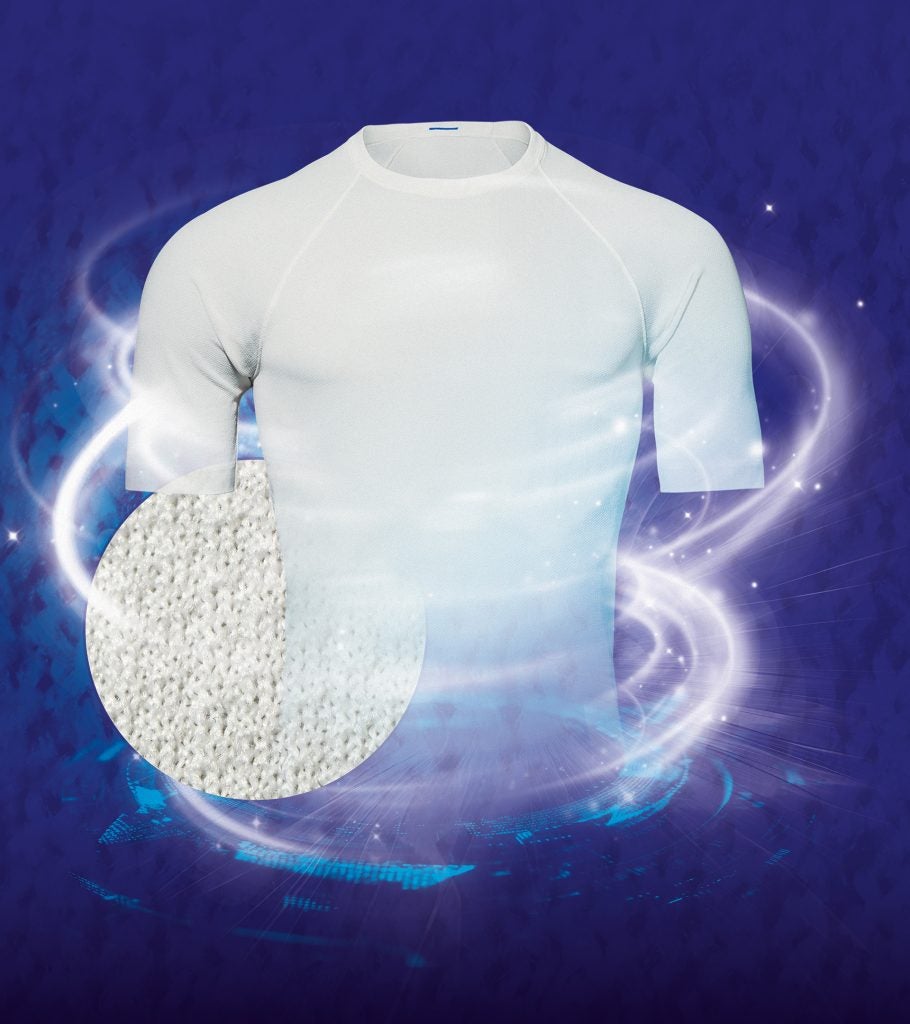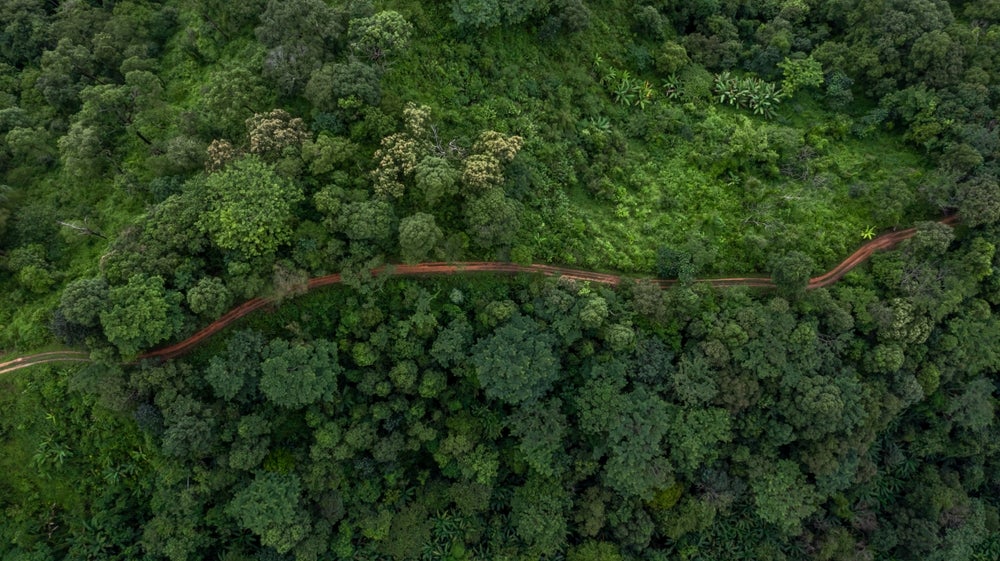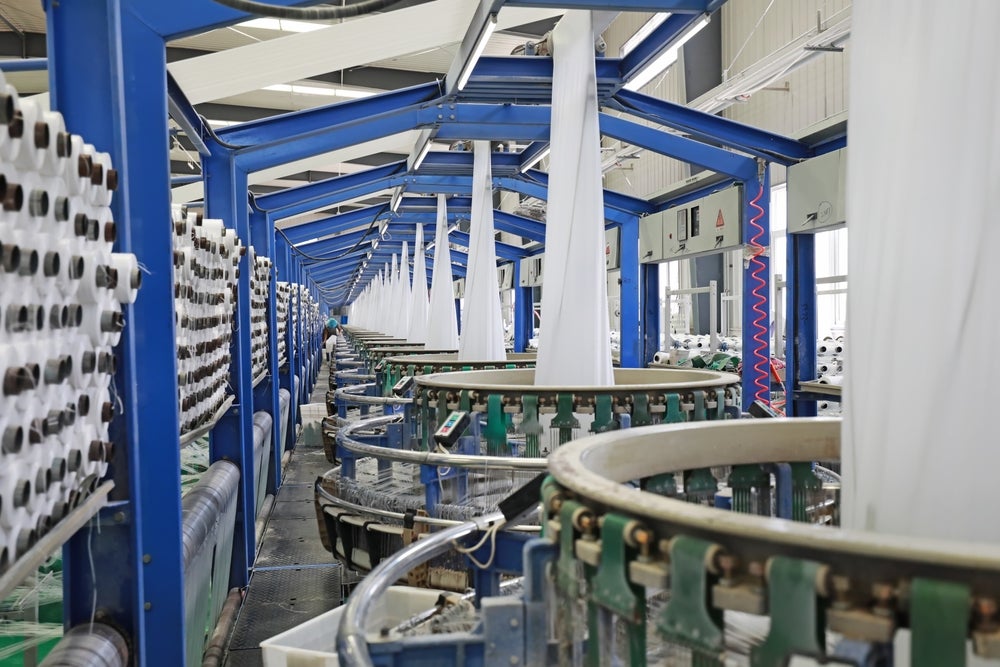Puma joined a two-year deal to accelerate the introduction of Carbios’ bio-recycling technology in 2022.
The newly unveiled plain white T-shirt, crafted from a mix of coloured and mixed textile waste, marks a step forward in pursuing circular textile production.
Using Carbios’ enzymatic bio-recycling process, the polyester in the textile waste was broken down into its core components, producing a bio-recycled polyester with quality comparable to virgin, oil-based polyester.
Anne-Laure Descours, chief sourcing officer at Puma, emphasises the brand’s goal of sourcing all polyester from textile waste, calling this achievement a “milestone” in moving toward industry circularity.
Descours continues: “We now need to work together to make sure we can scale up this technology to make the largest possible impact. We’re excited to be part of this breakthrough and setting new standards for fibre-to-fibre recycling.”
The consortium, which includes Patagonia, PVH and Salomon plans to replace petroleum-based materials with textile waste, potentially reducing landfill accumulation and lowering carbon emissions.
Back in 2022, Carbios CEO Emmanuel Ladent said the consortium's common goal was to “contribute to reducing the environmental impact of the textile industry by offering an industrial solution to recycle polyester fibres and help our partners to meet their sustainable development goals.”
Today he says the fibre-to-fibre bio-recycling process represents a technological advancement made possible through collaborative efforts within the consortium.
Currently, the majority of recycled polyester in the industry is made from PET bottles, and only 1% of fibres are recycled into new fibres. The collective achievement is said to mark an important milestone for the consortium’s ultimate aim of demonstrating a closed fibre-to-fibre loop using Carbios’ bio-recycling process at an industrial scale.















